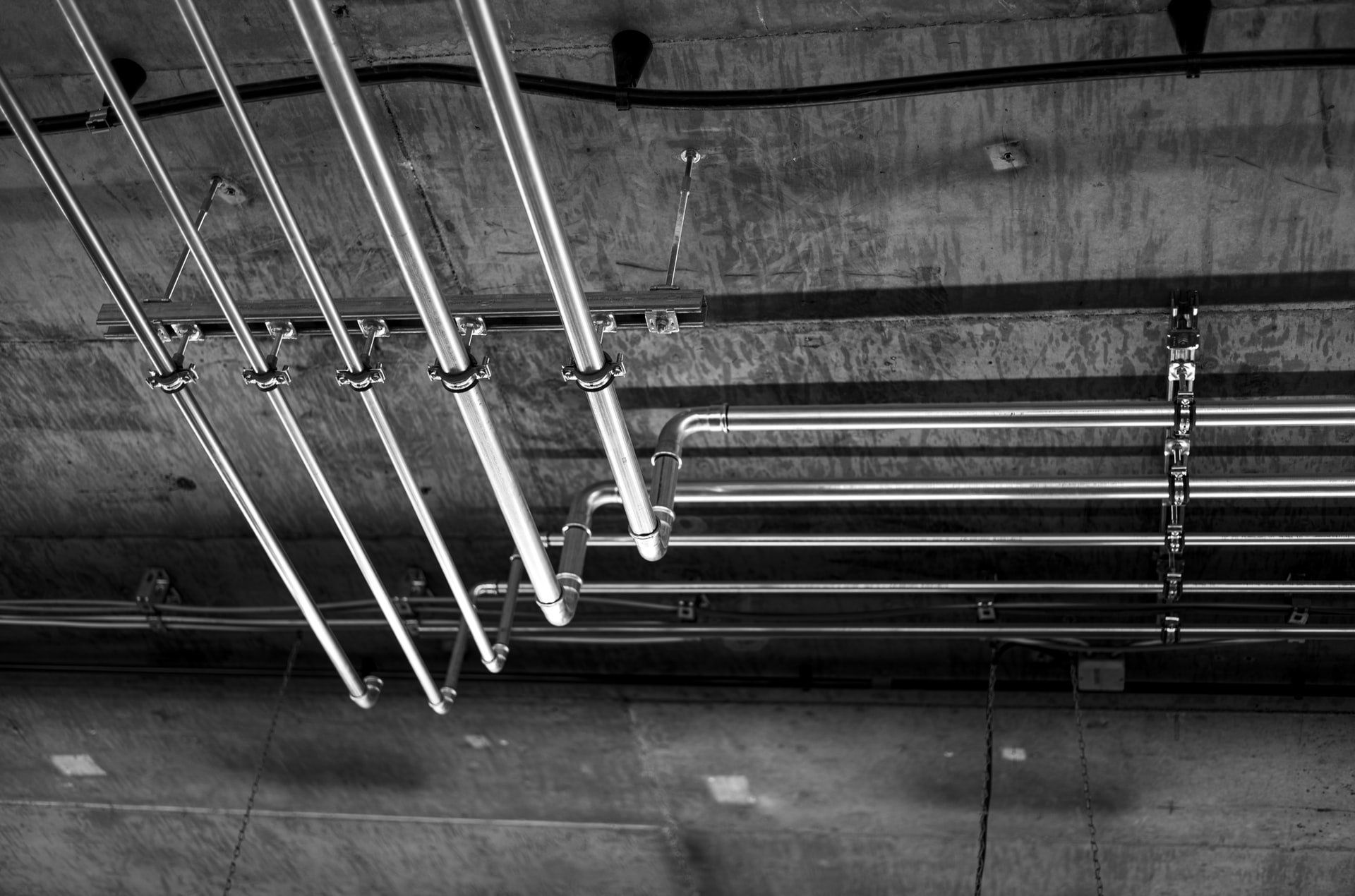What is Hydro Excavation and Why Do You Need It: A Guide

Hydro excavation is the newest, most popular form of excavation in the construction and utility community. It has helped make excavation easier, being more effective and environmentally sound than most methods.
Here is everything you need to know about hydro excavation and why you might benefit from it.
What Is Hydro Excavation?
First, let’s define hydro excavation. Hydro excavation is the process of removing dirt, soil, and other debris from your property by using a high-pressure water source. The water goes through a nozzle and is forced out, making it powerful enough to break through just about anything.
Hydro excavation is so powerful that it can remove certain things that are difficult to move. For example, it can remove asphalt from the ground.
Since it uses water, it is a much safer way to remove objects, particularly when the company that is using it is knowledgeable in proper procedures.
What Is Hydrovac?
Hydrovac is simply hydro-excavation with a vacuum. It basically uses a high-pressure stream of water to remove debris, and it uses a vacuum to suck water and debris back out of the area. This allows debris to be removed quickly and easily from the soil.
Benefits of Hydro Excavation
1) Fast and Efficient Digging
Hydro excavation is designed to remove debris quickly and efficiently. The nozzle allows for more concentrated water pressure, so it moves soil and rubble quickly and easily.
Second, hydro excavation uses a vacuum, so it is easier to remove dirt and rocks from the dig site, which means you don’t have to spend as much time cleaning up. This system is a huge time-saver, especially if you need to work on a wide area.
2) Environmentally Safe
Hydrovac is completely environmentally safe. It uses water instead of chemicals, which reduces the risk of contamination. The water also dissipates quickly, making it less likely to cause flooding or water damage.
3) Versatile
Hydro excavation is versatile as it can be used in a number of different situations. For example, hydro vacuums are often used when cleaning up toxic materials or soil.
4) Safe to Operate
Hydro excavation is safe to operate. When done properly, the water stream is very low pressure and decreases the likelihood of injury or damage to nearby objects.
5) Works Quickly
Because hydro excavation uses water, the digging happens quickly. You can remove large amounts of soil and dig through cement in a short amount of time, making it a very practical method for soil removal.
6) Effective
Hydro excavation is very effective. It removes difficult things to dig like dirt, asphalt, cement, and other debris. It can also be used to clean up certain chemicals and toxic materials.
Conclusion
Hydro excavation is a safe way to remove materials that are difficult to dig out of the ground. It’s fast, effective, and doesn’t use a lot of energy or space. It requires minimal skill and training to use, making it an excellent choice for utility companies and contractors.
Find a 24-hour plumber that can help you excavate in no time. At All City Plumbers, we provide residential and commercial plumbing services in Birmingham, AL to help with any repairs and other concerns. Get in touch with us today to get started.











